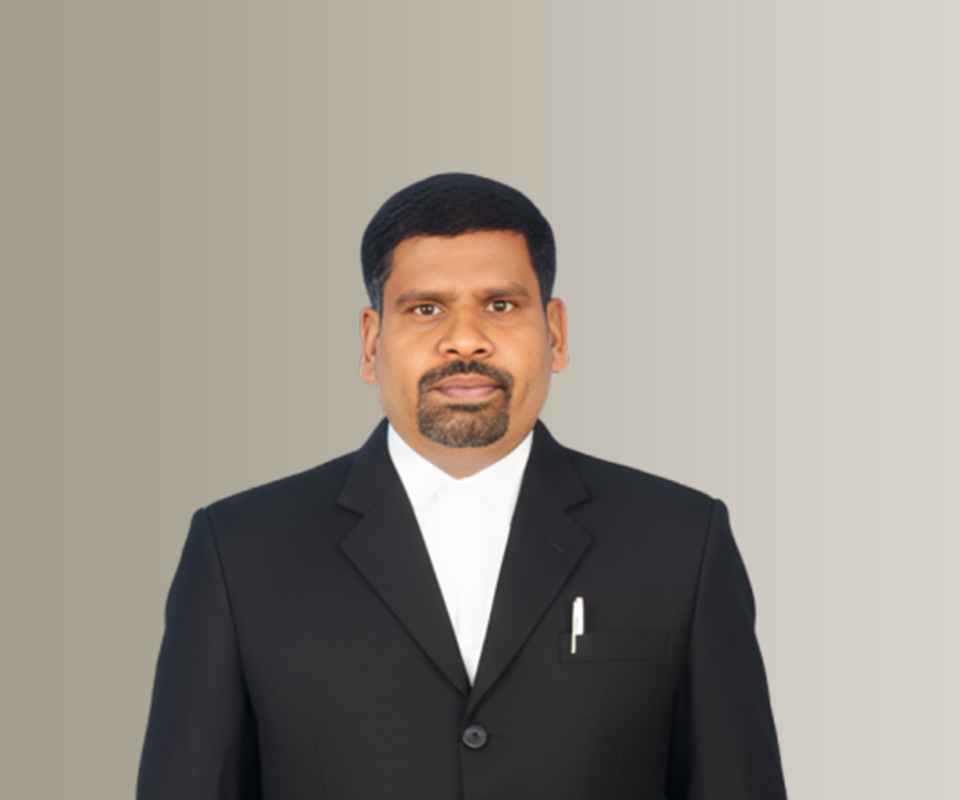Answer By law4u team
Recording interactions with law enforcement, including traffic police, has become common due to concerns over accountability, transparency, and personal rights. However, the legality of recording such interactions can vary depending on the country or region and the context of the interaction. Understanding the legal boundaries is essential to avoid potential legal issues.
Legality of Recording Interactions with Traffic Police
Recording in Public Spaces:
In most countries, including India, it is generally legal to record conversations with police officers in public spaces as long as the recording does not interfere with the officer’s duties or cause a disturbance. Traffic stops usually occur in public spaces, making them subject to the general rule that activities in public can be recorded without consent.
Consent Requirements:
Some jurisdictions require one-party consent, meaning that as long as one person in the conversation (the person recording) is aware of the recording, it is legal. However, other jurisdictions may require all parties involved in the conversation to consent before the recording is made. It is important to check local laws to understand the specific requirements in your area.
Interference with Police Duties:
While recording may be legal, interfering with a police officer’s work, obstructing their actions, or distracting them from their official duties is not. Even if the recording itself is legal, actions such as becoming overly aggressive or obstructing the police officer's work could result in legal consequences.
Audio vs. Video Recording:
The rules regarding audio and video recordings may differ. In some places, recording audio without consent can violate privacy laws, even if the video recording is allowed. Therefore, it is important to be mindful of whether both video and audio are being recorded.
Purpose of Recording:
Recording interactions with police officers can help protect citizens' rights and ensure accountability. For example, if a police officer acts unprofessionally or violates rights during a traffic stop, a recording can provide evidence. On the other hand, recording for malicious or harassment purposes might lead to legal consequences.
Legal and Practical Considerations
Police Officer's Authority to Seize the Recording:
In some cases, if the police officer believes the recording contains evidence of a crime, they may have the authority to seize or delete the footage. However, this should only occur under certain legal conditions, such as when the officer has a warrant or reasonable suspicion of illegal activity.
Use of Recordings in Court:
Recordings made during a traffic stop can be used as evidence in legal proceedings if needed. They may serve as proof of the interaction, the officer's conduct, or the circumstances surrounding the traffic violation. However, the recording must be obtained legally and not in violation of privacy laws.
Public Awareness:
Many police departments today have body cameras or in-car cameras that record interactions with the public. In such cases, recording your own conversation might be redundant. However, having your own recording can provide an additional layer of protection.
State-Specific Laws:
Different states or countries may have specific laws governing when and how recordings can be made. For instance, in some places, law enforcement officers might be required to inform the public that they are being recorded.
Example
A motorist is stopped by a traffic police officer for speeding. The driver begins recording the interaction on their phone. The officer notices and asks if the driver is recording, to which the driver responds affirmatively. In this case, the recording is legal because the stop took place in a public space and the officer’s consent is not required in regions with one-party consent laws. However, if the driver started blocking the officer’s actions, or if they started filming in a manner that obstructed the officer’s duties, the situation could take a legal turn.
Conclusion
Recording interactions with traffic police is generally legal, but it is important to be aware of local laws regarding consent and privacy. While it is usually safe to record in public spaces, one should always avoid interfering with the officer's duties and ensure that the recording does not violate any other legal provisions.







